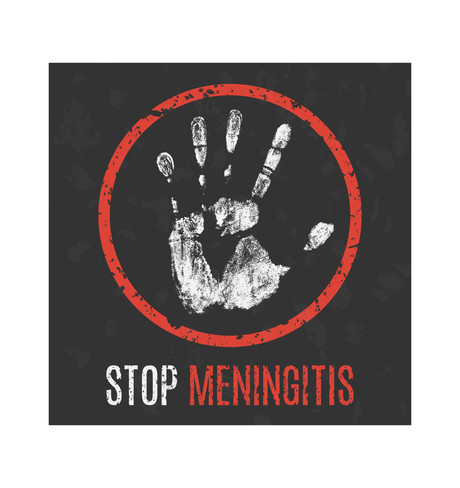Meningitis drugs will save 80,000 lives a year

Up to 80,000 lives a year will be saved thanks to a one-week drug course that can stop the fungal infection cryptococcal meningitis in its tracks.
Meningitis is currently responsible for more than 180,000 deaths per year worldwide, mainly in HIV-infected patients.
Current treatment for this type of meningitis is difficult and mortality rates in Africa in routine care are in the region of 70% — as high as for the Ebola virus infection. Under the new suggested treatment regimen, the research indicates this would fall to 25–35% — potentially saving up to 80,000 lives a year.
The shorter, safer and more effective antifungal drug regimen treats cryptococcal meningitis with a one-week combination antifungal regimen of amphotericin B and flucytosine for the initial induction phase of treatment. This one-week regimen has been shown to reduce mortality by at least one-third, compared to the previously recommended two-week regimen.
An international team led by Professor Tom Harrison at St George’s, University of London has published the results of their Advancing Cryptococcal Treatment for Africa (ACTA) Trial in the New England Journal of Medicine. In light of the new findings, the World Health Organization (WHO) has issued new cryptococcal disease guidelines recommending a one-week drug course.
Tom Harrison, professor of infectious diseases, said: “The research program has taken 15 years and has at times been a long, hard journey, but we are delighted to be able to show a way forward to dramatically cut the number of deaths from meningitis.
“We are calling for the generic manufacture and widespread availability of the drug flucytosine, and plan large-scale programs of implementation with partner countries and international agencies that could result in the mortality from this dreaded infection being halved.
“Our trial has shown beyond doubt that flucytosine is an essential medicine for the treatment of meningitis related to HIV. However, it is currently completely unavailable in Africa, which is where three quarters of the global cases occur.”
$1bn vaccine and antivenom manufacturing facility opens
A $1 billion cell-based influenza vaccine and antivenom manufacturing facility has opened in...
National concussion clinical guidelines now available
The first Australia- and New Zealand-specific guidelines for all forms of concussion — from...
Doctors criticise "risky prescribing agenda"
The AMA and RACGP have expressed disappointment in the Pharmacy Board of Australia's...




![[New Zealand] Transform from Security Awareness to a Security Culture: A Vital Shift for SMB Healthcare — Webinar](https://d1v1e13ebw3o15.cloudfront.net/data/89856/wfmedia_thumb/..jpg)
![[Australia] Transform from Security Awareness to a Security Culture: A Vital Shift for SMB Healthcare — Webinar](https://d1v1e13ebw3o15.cloudfront.net/data/89855/wfmedia_thumb/..jpg)



